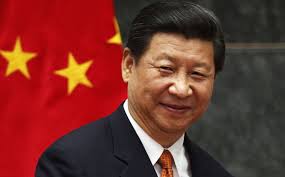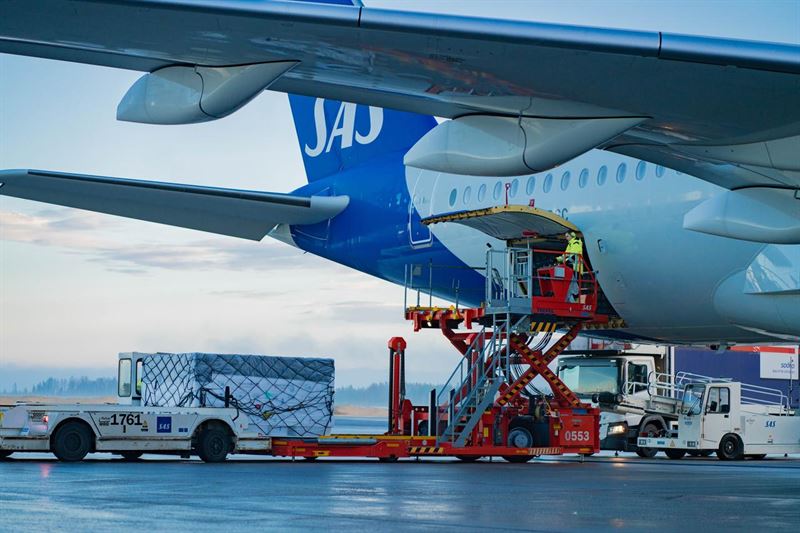
MANILA, Philippines (AP) — China’s top diplomat said Sunday that talks for a nonaggression pact aimed at preventing clashes from erupting in the disputed South China Sea may start this year if «outside parties» don’t cause a major disruption.
Australia’s Foreign Minister Julie Bishop, was applaudng ASEAN Foreign Ministers Don Pramudwinai of Thailand, Pham Binh Minh of Vietnam, and Kyaw Tin of Myanmar during the ASEAN-Australia ministerial meeting Sunday, Aug.6, 2017 in suburban Pasay city, south of Manila, Philippines. The annual forum, hosted by the Association of Southeast Asian Nations (ASEAN), brings together the top diplomats from 26 countries and the European Union for talks on political and security issues in Asia-Pacific.
Chinese Foreign Minister Wang Yi said the start of talks for a «code of conduct» in the disputed waters may be announced by the heads of state of China and the 10-member Association of Southeast Asian Nations at their annual summit in the Philippines in November if Beijing’s conditions are met.
Wang told a news conference in Manila that those conditions include non-interference by «outside parties,» apparently referring to the United States, which Beijing has frequently accused of meddling in what it says is an Asian dispute that should be resolved only by the countries involved.
Territorial Dispute
China’s territorial disputes in the strategic and potentially oil- and gas-rich waterway with five other governments intensified after it built islands in disputed waters and reportedly started to install a missile defense system on them, alarming rival claimant states, the U.S. and other Western governments.
«If there is no major disruption from outside parties, with that as the precondition, then we will consider during the November leaders’ meeting, we will jointly announce the official start of the code of conduct consultation,» Wang said.
A Southeast Asian diplomat said Sunday that Vietnam had pushed for stronger language despite opposition from many of the ministers, whose countries rely heavily on China for trade and investment. The envoys said they «took note of the concerns expressed by some ministers on the land reclamations and activities in the area, which have eroded trust and confidence, increased tensions and may undermine peace, security and stability in the region.»
Although it’s not an ASEAN member, China can exert its influence on allies like ASEAN member Cambodia to reject any move it deems inimical to its interests. An unwieldy bloc of democracies, monarchies and authoritarian regimes, the regional grouping decides by consensus, meaning just one member state can shoot down any proposal.
Critizise North Korea
Another diplomat said Cambodia also expressed concern over the ASEAN foreign ministers’ issuance of a separate statement criticizing North Korea’s two ICBM tests last month. Washington has asked countries, including the ASEAN member states, to help isolate North Korea diplomatically to force it to stop provocative acts. While China agrees with sanctions on the North, Wang, the Chinese Foreign Minister, said Sunday that they should be aimed at forcing Pyongyang to return to negotiations directed at taming its nuclear ambitions.
«Sanctions are needed, but by no means the ultimate goal,» Wang, who was in Manila for the talks with the ASEAN ministers, said in a statement posted on the Chinese foreign ministry’s website. Associated Press writer Josh Lederman contributed to this report.




